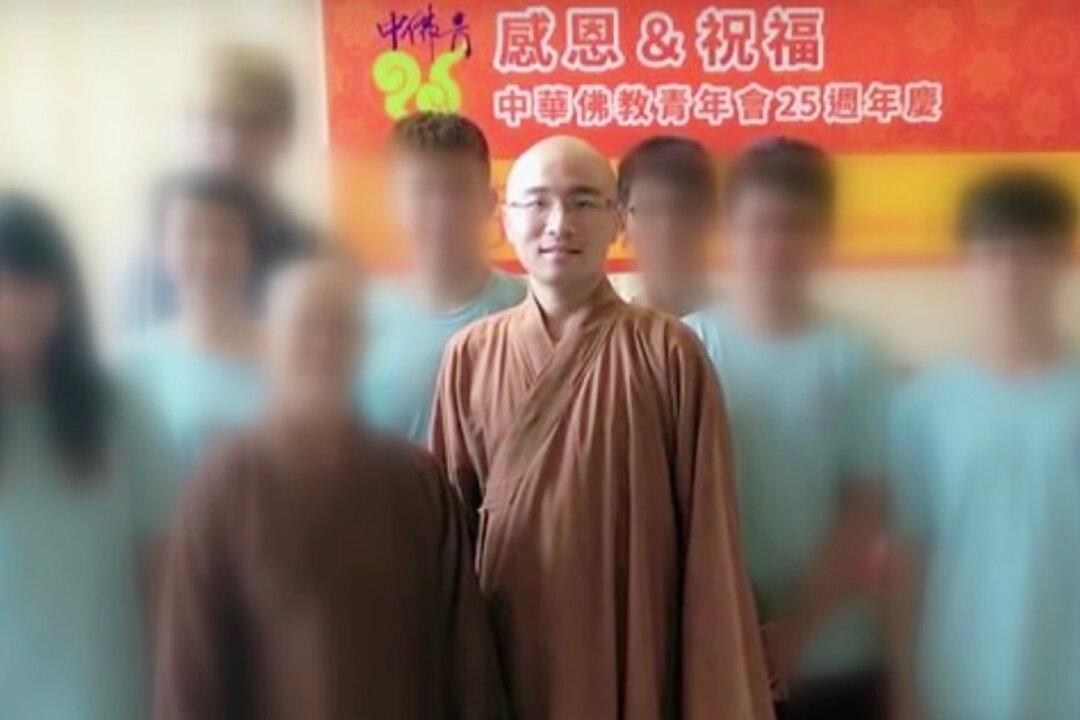Monk Shi Kai-hung, former secretary general of the Taiwan Chinese Buddhist Youth Association, has been expelled from his position at Tungshan Temple after it was revealed that he had abused illicit drugs and carried out homosexual relationships with male believers and other monks, violating the precepts of Buddhist religion.
Taiwanese magazine Mirror Media published a set of articles exposing Shi Kai-hung, who lived in Tungshan Temple in Miaoli County. On Sept. 30, following the scandal, he moved to the nearby Chungfo Temple.





